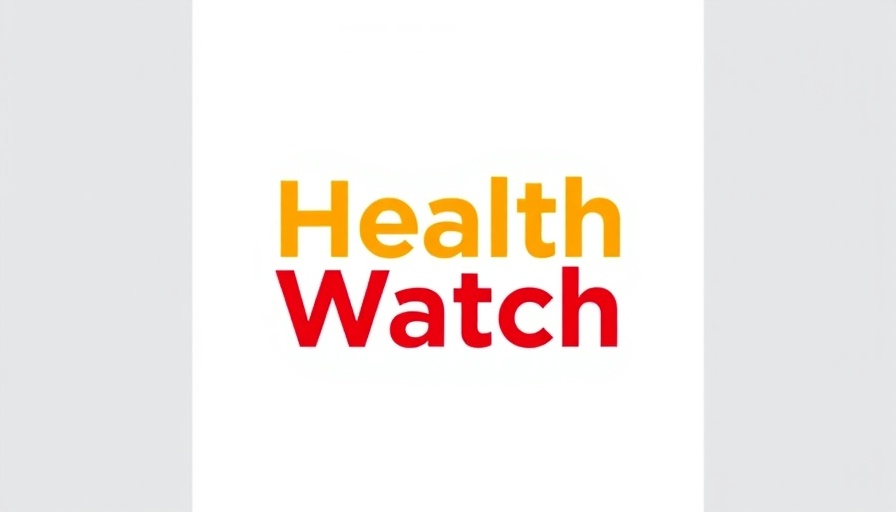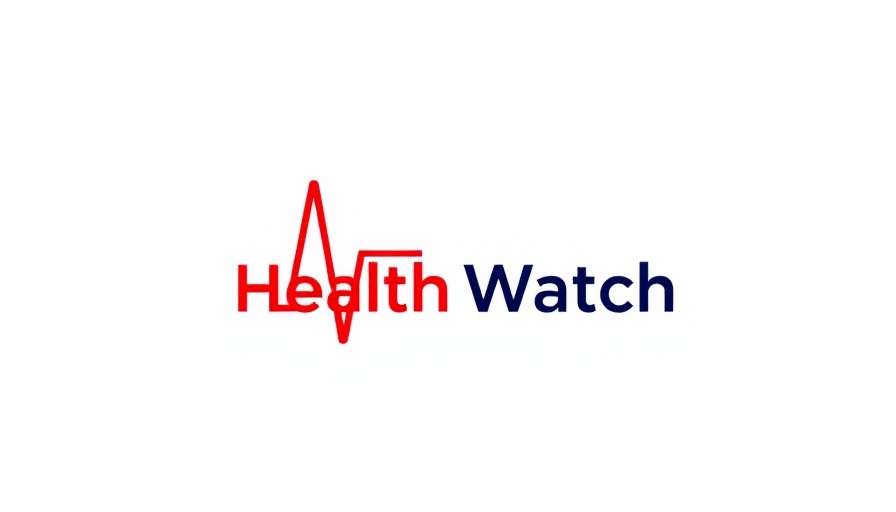
Trust in CDC and NIH Persists Despite Challenges
Five years after the World Health Organization declared COVID-19 a pandemic, a recent survey reveals that a significant majority of Americans maintain a high level of trust in the U.S. Centers for Disease Control and Prevention (CDC) and the National Institutes of Health (NIH). This finding, reported by Axios and Ipsos, indicates that confidence in these institutions remains strong, even amidst turmoil and challenges faced over the past few years.
The Impact of Information on Public Trust
While the pandemic led to widespread misinformation and shifting guidance from health authorities, many Americans still view the CDC and NIH as credible sources. This perspective is nearly consistent across different demographics, suggesting that despite political polarization and criticism, the agencies have retained a base of public trust vital for their ongoing public health initiatives.
Historical Context of Trust Levels
Historically, trust in certain government institutions like the CDC has been variable. During the pandemic, however, previous studies highlighted a decline in trust among specific demographic groups, particularly Non-Hispanic Whites and Hispanics, as noted in findings published in the RAND Health Quarterly. Notably, Black respondents demonstrated a distinct pattern of trust that remained more stable throughout the pandemic period compared to their counterparts.
The Role of Diet and Social Behavior in Shaping Trust
Interestingly, levels of trust may also be influenced by the public’s dietary habits and overall lifestyle choices. Healthy living, which includes mindful eating and regular exercise, has been shown to empower individuals with better understanding and engagement with health guidelines. The more individuals actively seek out information and engage with health content, the more likely they are to trust institutions providing that information.
Future Predictions: Building Back Trust
Moving forward, the CDC and NIH may need to enhance their communication strategies to rebuild trust in communities that experienced skepticism during the pandemic. Facilitating transparent discussions about health directives and engaging with local leaders would be crucial. Aligning their messages with community needs could improve perception, inspire cooperation, and drive higher vaccination rates.
Actionable Insights for Public Engagement
In order to foster greater public confidence, health authorities can adopt various strategies. These might include:
- Open Forums: Hosting public discussions and Q&A sessions to address misconceptions.
- Community Liaison Programs: Partnering with trusted community leaders to improve outreach.
- Transparent Messaging: Communicating policy changes driven by scientific developments more clearly.
Such actionable insights not only underline the importance of trust in public health institutions but also signify a pathway for recovery from years of uncertainty.
Conclusion: Empowering Through Information
As we reflect on the pandemic and its legacy, it is clear that trust in health organizations is crucial for public compliance and overall health. Maintaining and rebuilding this trust involves not only the clear delivery of information but also recognizing the audience's concerns and needs. To safeguard public health moving forward, it’s imperative for institutions to act as beacons of reliability, backed by actionable insights and genuine community engagement.
 Add Row
Add Row  Add
Add 




Write A Comment